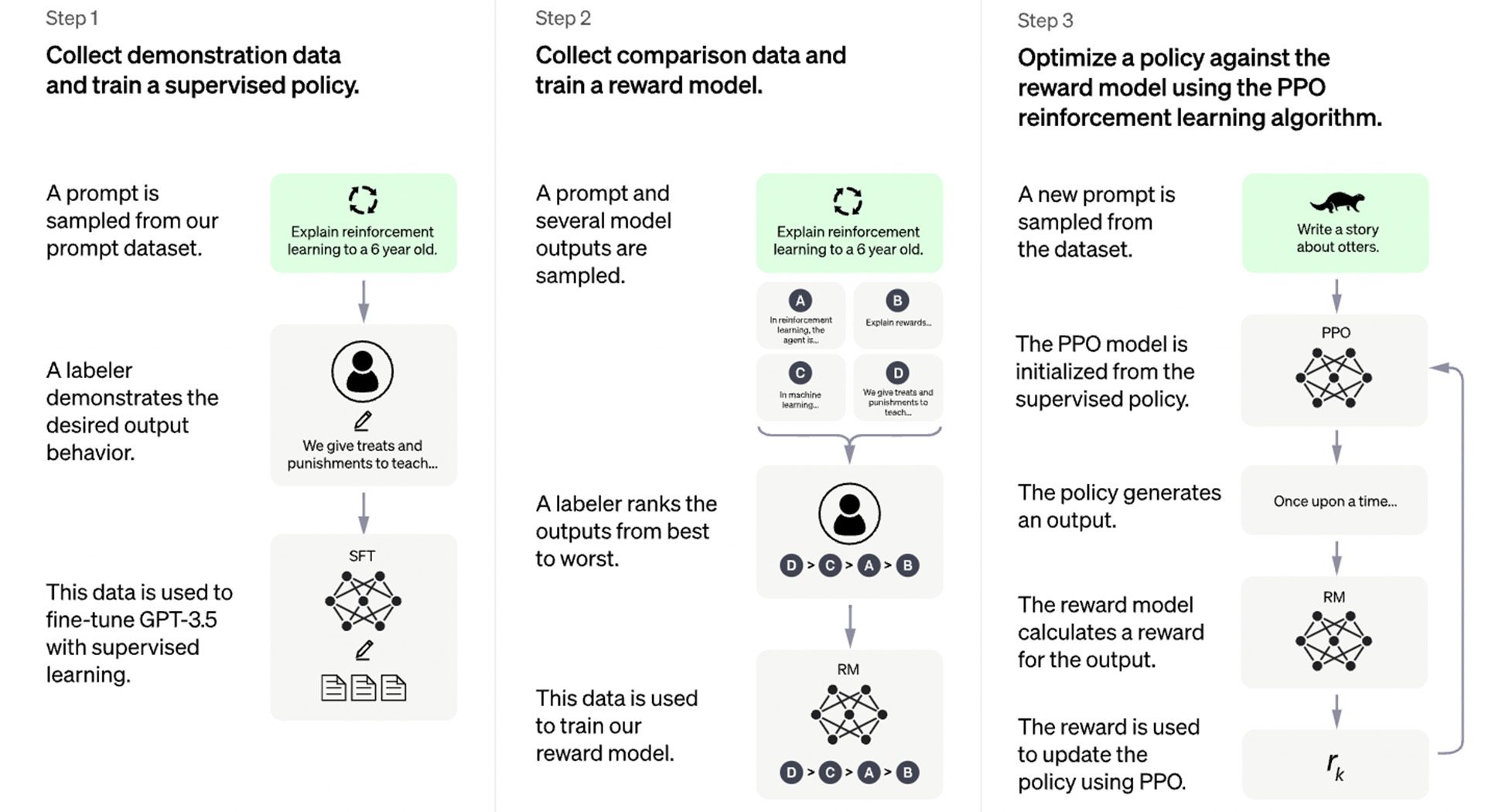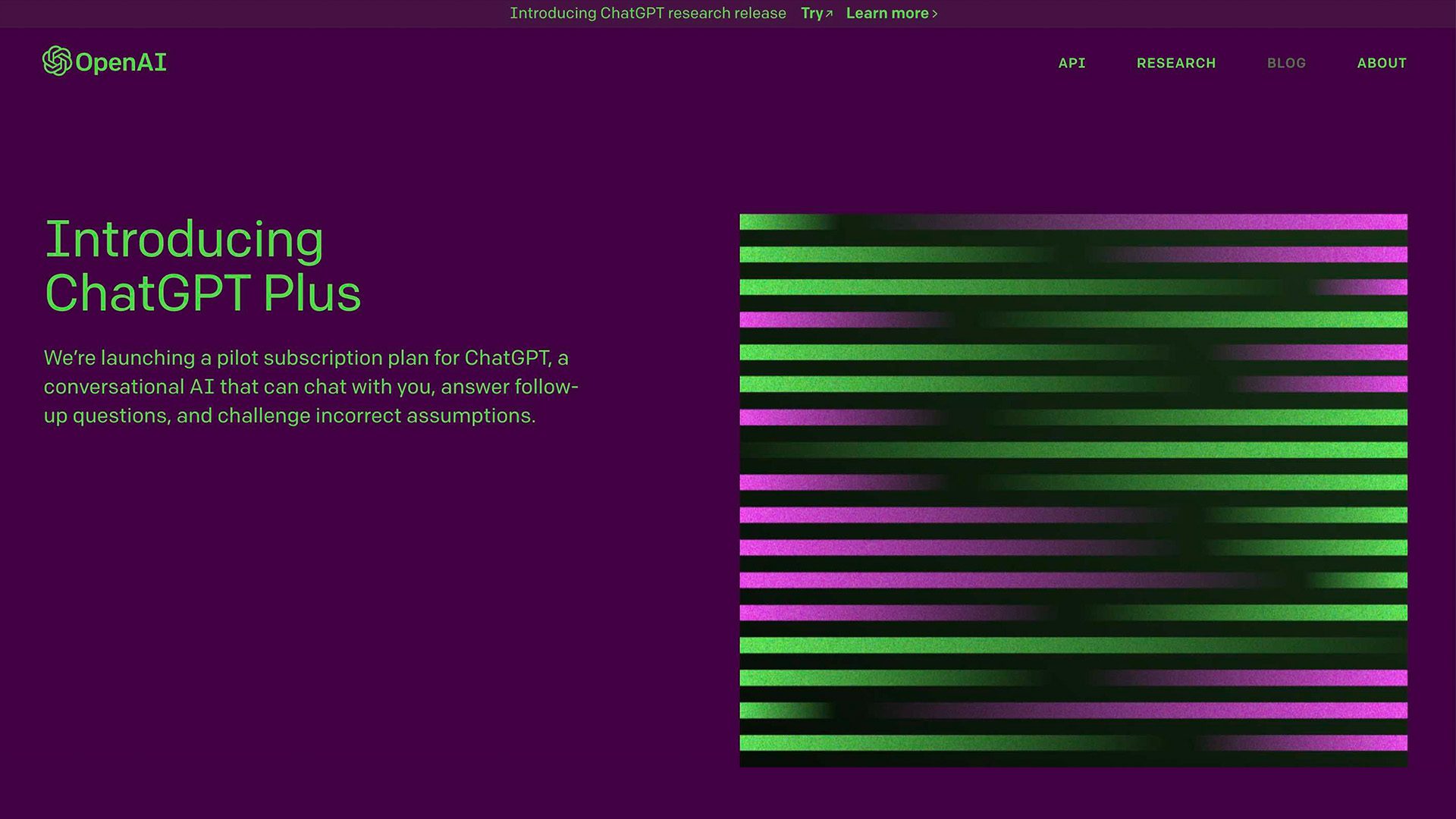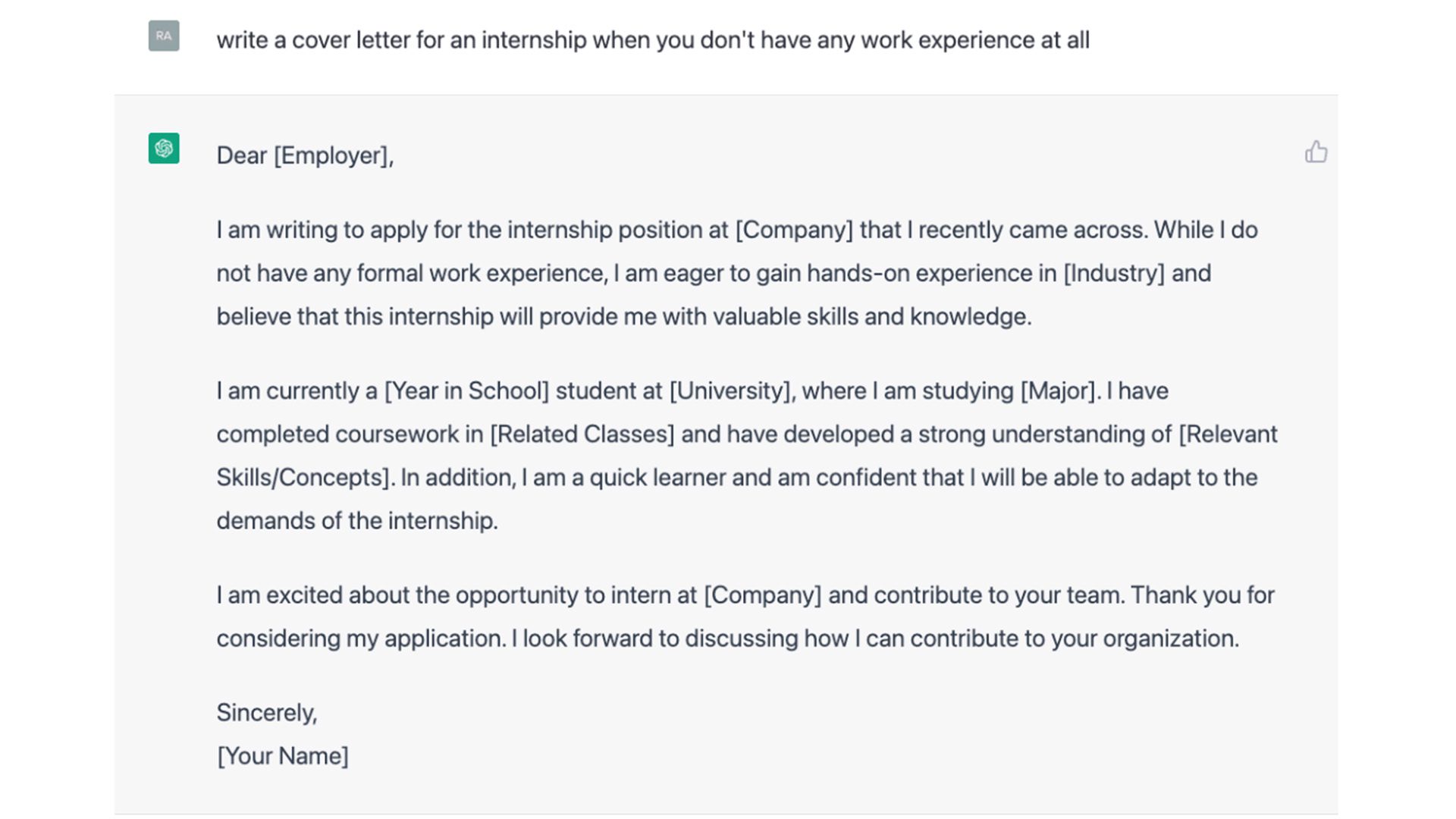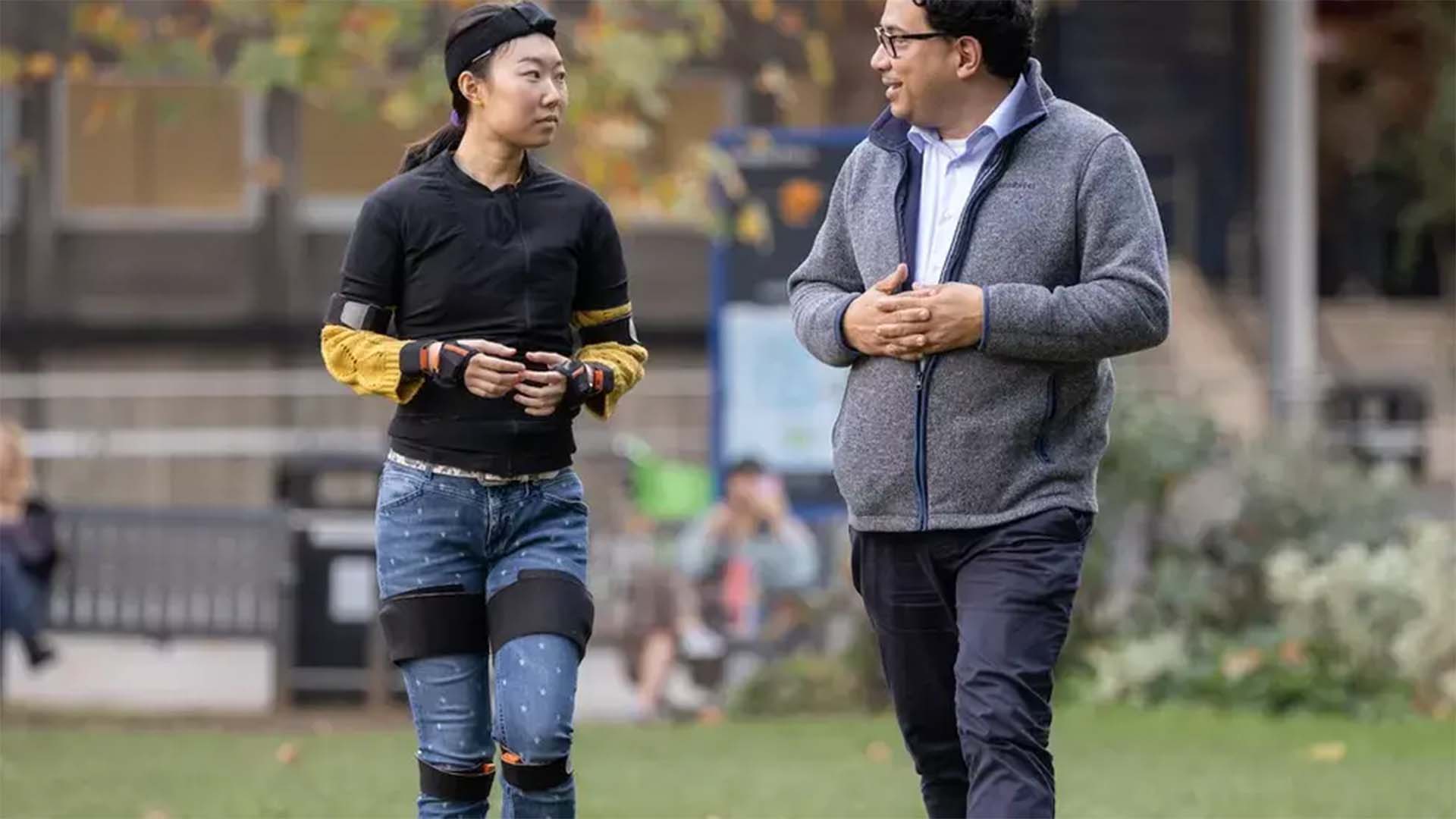Just two months after its release, ChatGPT reached over 100 million users in January 2023. From business and law to education and entertainment, the AI chatbot has the ability to permanently alter numerous industries. Here’s everything you need to know about ChatGPT.
What is ChatGPT, and how does it work?
ChatGPT is the latest language model from OpenAI, a research and development company that has created other AI tools like DALL-E and Codex. The chatbot is designed to answer questions, provide information, and communicate with the user in a wide range of styles and for different purposes with precision, detail, and coherence.
GPT stands for Generative Pre-trained Transformer, illustrating that the model can generate natural human language text because of how it has been pre-trained with machine-learning architecture. Specifically, the model was trained with a massive amount of data collected from the internet using Reinforcement Learning from Human Feedback.

After the model was trained on a large dataset of text from the internet, human AI trainers provided conversations and feedback to demonstrate the desired output behavior. It used this feedback to improve its ability to answer the questions more accurately and human-like. Next, comparison data was collected, which consisted of two or more model responses ranked by quality. The Proximal Policy Optimization reinforcement learning algorithm was then used to fine-tune the model.
What are some of the problems of ChatGPT?
OpenAI acknowledges that ChatGPT has select limitations and drawbacks. It can give incorrect or nonsensical answers and can respond to harmful instructions or exhibit biased behavior. If the user provides an ambiguous query, the model will try to guess what the user intended. The platform’s knowledge was also cut off in 2021, so any information or news developed since then is not available.
In an interview with Time Magazine, the creator of ChatGPT, Mira Murati, warned, “[AI] can be misused, or it can be used by bad actors…It’s important for OpenAI and companies like ours to bring this into the public consciousness in a way that’s controlled and responsible. But we’re a small group of people and we need a ton more input in this system and a lot more input that goes beyond the technologies-—definitely regulators and governments and everyone else.”
As a safety measure, users are urged to double-check the information provided by ChatGPT and to avoid using the bot for important financial or health decisions.
Future of ChatGPT
The service was launched on November 30, 2022; within a few days, the tool surpassed 1 million users. In January 2023, Microsoft announced that it is extending its partnership with OpenAI with a multi-billion dollar investment. Microsoft plans to use the model in its consumer and enterprise products.

On February 1, 2023, OpenAI announced its new subscription plan, ChatGPT Plus. Available for $20 a month, subscribers receive general access to ChatGPT (even during peak times), faster response times, and priority access to new features and improvements. In this release, OpenAI also announced that the ChatGPT API will be released soon.
In response to the runaway success and buzz of ChatGPT, many other companies have announced similar models. For example, on February 6, Google announced a chatbot called Bard. The chatbot uses Google’s conversation technology Language Model for Dialogue Applications which has been in development for the past two years. Unlike ChatGPT, Bard reportedly has knowledge of recent events. Bard is currently open to trusted testers before it will become widely available to the public on Google’s existing search capabilities in the coming weeks.
Chinese search engine firm Baidu also announced in February 2023 the launch of its chatbot called “Wenxin Yiyan” in Chinese and “ERNIE Bot” in English. The ERNIE project allows users to write poems and papers or use text prompts to automatically generate images. According to Baidu’s statement, ERNIE will be released to the public in March 2023.
Applications & Uses
The situations and industries ChatGPT can be used in are as infinite as the questions the bot can answer.
Business
ChatGPT has many applications in the business world, starting with getting a job in the first place. The platform is one of the quickest ways to make a resume and cover letter online because it can customize each resume for each job posting. It can also prepare you for a job interview by generating hypothetical scenarios, possible questions, and intelligent replies to possible questions.

Administrative work is one area that experts have cited as a potential opportunity for the AI bot. Healthcare workers, for example, could utilize the platform to save time with non-clinical tasks like paperwork. ChatGPT can streamline documentation processes and generate medical charts, progress notes, and discharge instructions.
As for other business uses, ChatGPT can draft tailored emails to clients and coworkers, generate product descriptions and keywords, write and debug codes, cite research, create graphics, and much more.
Education
Education is one industry that has graced headlines about the ethics and concerns of ChatGPT. The bot has successfully computed math problems, written literary analysis essays, and even passed an Ivy League MBA exam. Teachers have already caught students using the tool to cheat.
In response, many schools, such as New York City public schools, have blocked ChatGPT access on school computers. Administrators in some schools have altered their approach to learning accordingly. One private school in England is moving towards flipped classrooms because of ChatGPT, where students prepare and learn content at home and write essays in school.
Some educators have embraced the tool as a teaching aid, citing its value to the classroom. One high school English teacher in Oregon had her students use ChatGPT to create outlines for their essays comparing and contrasting two short stories. She explained to the New York Times that the process deepened the students’ understanding of the stories and taught them about interacting with AI models.







